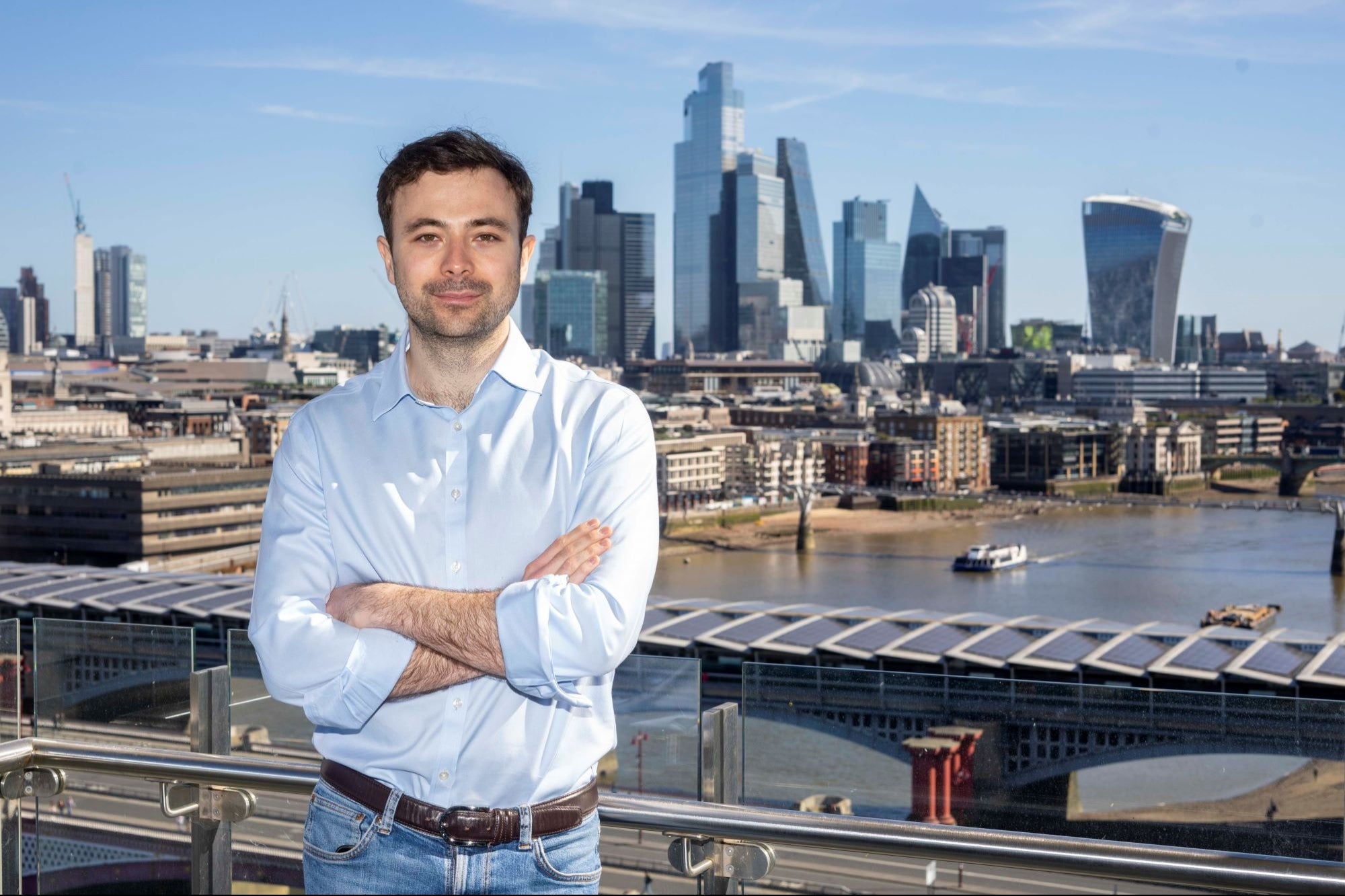Rebuilding Trust The start-up creating the internet's immune system
Opinions expressed by Entrepreneur contributors are their own.
You're reading Entrepreneur United Kingdom, an international franchise of Entrepreneur Media.

It started with a simple question: what happens when you can no longer tell a human from a bot? For the team behind Innerworks, that question wasn't just theoretical - it was the beginning of a much deeper problem they saw unfolding across the internet. Fraud was evolving, faster than most companies could respond. And the tools designed to stop it were stuck playing catch-up. In a digital world where AI-generated bots can pass for humans and fraud mutates by the hour, one start-up isn't trying to patch the system - it's trying to rebuild it from the ground up.
Rather than simply upgrading existing defences, this team is taking an offensive approach to cybersecurity: simulating attacks, breaking their own systems, and reverse engineering the techniques of tomorrow's adversaries. The result is a platform designed not to react to fraud - but to anticipate it. "The internet has lost its most fundamental filter - the ability to tell human from AI," says CEO and co-founder of London based cybersecurity firm Innerworks. "When that distinction disappears, every layer of trust online begins to collapse."
Innerworks is rethinking the fundamentals of digital security. While it delivers familiar capabilities - bot detection, VPN and device fingerprinting - its core innovation lies in how it uses them. The platform employs adversarial techniques to evade standard tools, then reverse engineers those methods to build stronger defences.
It's a radical shift in strategy, spurred by the scale of the problem. In 2024 alone, over $100 billion was lost to bad bot attacks, and by the end of 2025, a third of crypto onboarding attempts are projected to be fraudulent. "Most of the security sector has responded with incremental defences, patching symptoms rather than addressing the cause," says the CEO. "What's needed is an entirely new protocol - an immune system for the internet." Data can't be trusted. So they built something that doesn't rely on it.
The biggest surprise the team faced was just how unreliable data had become. As generative AI systems grow more convincing, traditional security tools - many of which depend on clear patterns in user behaviour or device data - are losing effectiveness. "Human and AI-generated data are now indistinguishable, which collapses the foundation most security tools rely on," the CEO explains. "The problem wasn't finding cleverer ways to process the same data, but inventing an architecture that evolves faster than fraud itself."
This insight led to a fundamental shift: a proactive, adversarial posture. Innerworks didn't just build defences - it built RedTeam, an internal ethical hacking platform that attacks its own systems and models the behaviour of state-level actors and criminal networks. "The only way to stay ahead of AI-driven fraud is through offensive strategy - breaking, probing, hacking every system, including our competitors' and our own," he says. "RedTeam is our edge. It ensures our platform evolves faster than fraud." When the stakes are this high, there's no room for compromise.
Building in such a volatile and high-risk space has taught the team a hard but vital lesson: go where the stakes are highest. "Protecting people against fraudsters, state actors, and financial crime demands uncompromising standards," says the CEO. "It's not the easy path, but it's the most meaningful." This mission focus has become a cultural anchor inside the company - a reminder that what they're building matters, even when the challenge feels overwhelming.
For other entrepreneurs facing deeply broken systems, the message is clear: don't settle for surface-level innovation. "If the foundation is broken, don't build a product that just patches it - launch something fundamentally different," the CEO advises. "The conviction to start from first principles, even when it feels harder, is the only way to create technology that truly endures."












